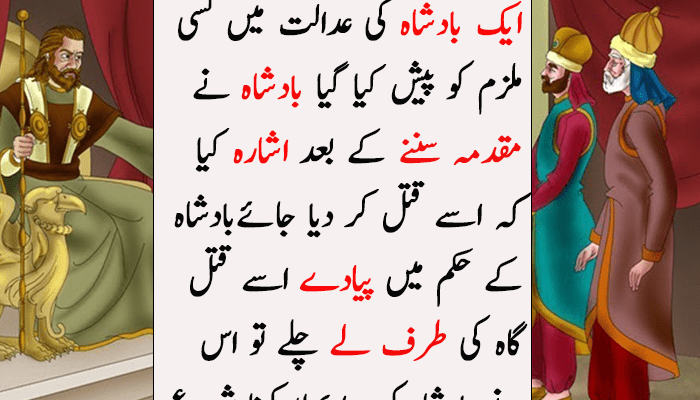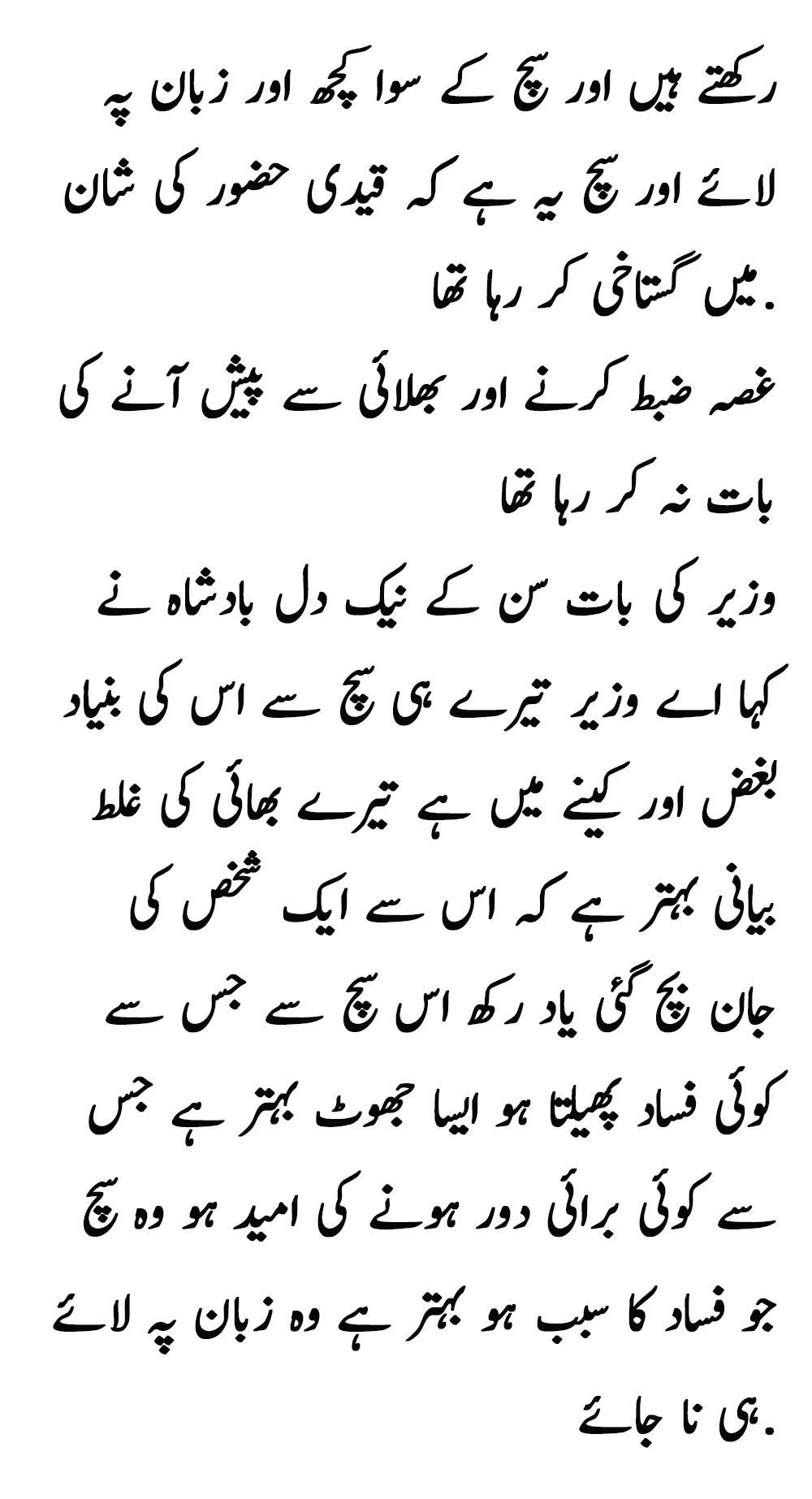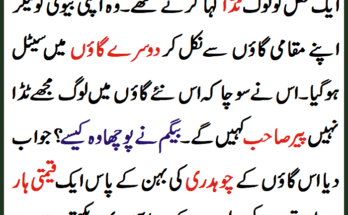The King’s Dilemma: Balancing Justice and Compassion
In the regal halls of justice, an accused stood before the king, facing a fate decided by the monarch’s decree. The solemn air thickened as the king, having heard the case, gestured for the accused to be sentenced to death. Following the king’s command, guards led the condemned towards the execution site.

A Royal Twist: Benevolence Amidst Wrath
However, as they approached the gallows, the accused began to berate the king, criticizing his decision. “For someone, the greatest punishment is to be put to death,” the accused proclaimed defiantly. Yet, having already received the death sentence, fear of the king’s wrath no longer gripped their heart.
The Wise Counsel of a Virtuous Minister
Observing this, the king turned to his wise minister and inquired about the accused’s words. The minister, known for his benevolence and sagacity, hesitated, aware that the truth might incite the king’s anger. Nonetheless, he chose honesty over deceit.
“He claims that Allah favors those who control their anger and do good to others,” the minister cautiously revealed. “It is said that speaking good words in the face of anger is better than causing harm, and Allah values those who restrain their wrath.”
The King’s Epiphany
Upon hearing this, the king, typically stern and resolute, broke into a smile. The wisdom of the minister resonated, and the king acknowledged the power of temperance. He realized that his brother’s ill-spoken words had inadvertently saved a life, and that sometimes, a well-intentioned falsehood is better than a harmful truth.
Choosing Virtue Over Vengeance
The king, now enlightened, addressed the minister, “Your truth has a foundation in avoiding animosity and doing good to others. It is better to withhold a truth that may cause harm than to spread falsehood that leads to goodness.” The king, guided by the minister’s virtuous insight, decided to release the accused.
Lessons in Compassion and Tact
In this royal saga, the king learned a valuable lesson in the delicate balance between justice and mercy. The wise minister’s counsel showcased the significance of restraint in the face of anger and the power of benevolence. It serves as a reminder that sometimes, in the pursuit of righteousness, compassion and tact can shape a better outcome.










